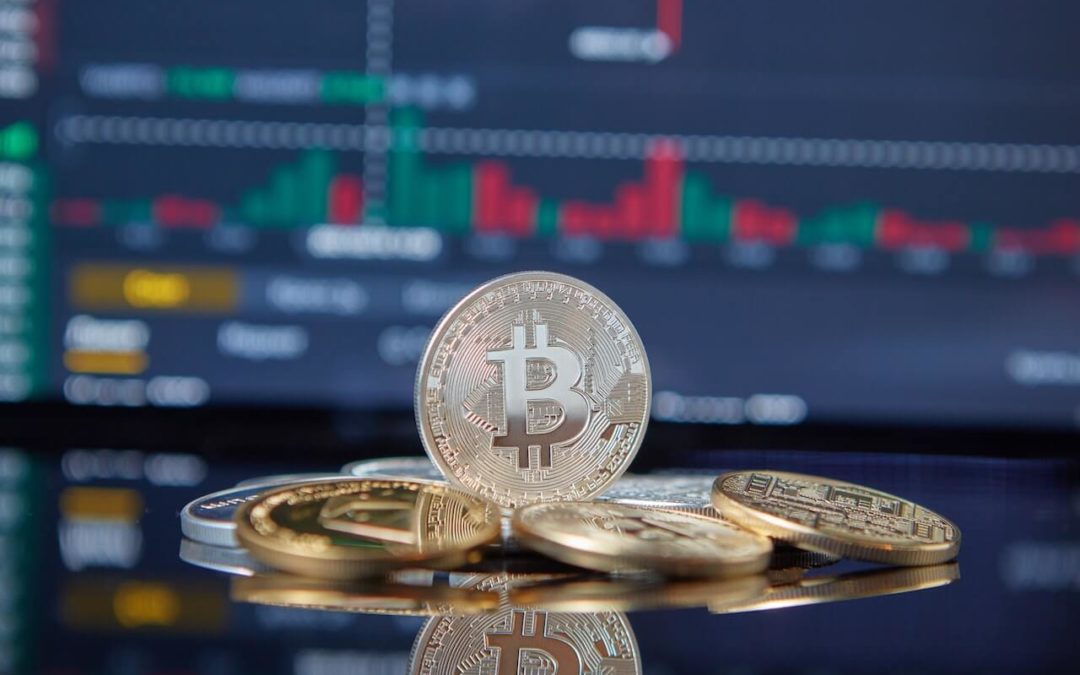Cryptocurrencies have become increasingly popular in the financial world over the past few years. The emergence of Bitcoin and numerous alternative cryptocurrencies has presented enticing investment prospects. However, it is important to recognize that such potential comes with a significant responsibility; ensuring the security of your digital assets should be your utmost concern. This blog post will delve into the topic of cryptocurrency security and provide insights into the most effective measures for protecting your digital wealth in this era of blockchain technology.
Understanding the Risks
Before diving into the topic of safeguarding your digital assets, it’s crucial to grasp the potential vulnerabilities linked to cryptocurrencies. Unlike conventional financial systems, cryptocurrencies function on decentralized and unchangeable blockchains. While this technology offers transparency and security, it also presents unique challenges:
- Hacking: Cryptocurrency exchanges and wallets are prime targets for hackers. A successful breach can result in the loss of your funds.
- Phishing: Scammers often use deceptive websites and emails to trick users into revealing their private keys or passwords.
- Social Engineering: Attackers may attempt to manipulate individuals or support staff to access accounts.
- Irreversible Transactions: Once a transaction involving cryptocurrency is confirmed, it becomes irreversible. If you happen to send funds to an incorrect address, there is a possibility that they might be permanently lost.
- Lack of Regulation: The unregulated nature of cryptocurrencies means there is often no recourse for recovering stolen or lost funds.
Protecting Your Cryptocurrency
Now that you’re aware of the risks let’s explore essential steps to secure your digital assets:
- Use a Hardware Wallet: Hardware wallets such as Ledger and Trezor are physical devices created specifically for securely storing cryptocurrencies offline. They provide the utmost level of protection by keeping your private keys offline, effectively thwarting hackers attempts to gain access to your funds.
- Enable Two-Factor Authentication (2FA): Activate 2FA on all your cryptocurrency accounts and wallets. This adds an extra layer of security by requiring you to enter a one-time code sent to your mobile device or email to access your accounts.
- Choose Strong Passwords: Use long, complex passwords that include a combination of upper and lower-case letters, numbers, and special characters. Avoid using easily guessable information like your birthdate or pet’s name.
- Beware of Phishing: Double-check website URLs before entering your login information. Only use official websites or mobile apps to access your cryptocurrency accounts. Be cautious of unsolicited emails and messages.
- Update Software Regularly: Keep your computer, smartphone, and cryptocurrency wallet software up to date. Developers release updates to patch security vulnerabilities.
- Secure Your Recovery Seed: You’ll be given a recovery seed when setting up a hardware wallet or certain software wallets. Store this in a safe place offline, like a fireproof safe. Never share it with anyone.
- Use Cold Storage: Consider keeping the majority of your cryptocurrency holdings in cold storage (offline wallets) and only a small portion in hot wallets for active trading or spending.
- Diversify Your Investments: Don’t put all your digital eggs in one basket. Diversify your cryptocurrency portfolio to spread risk.
- Educate Yourself: Continuously educate yourself about the latest security threats and best practices in cryptocurrency security. Stay informed about the projects and services you invest in.
Cryptocurrencies present thrilling prospects for financial growth, but they also carry inherent risks. Safeguarding your digital assets should be your utmost concern. By adhering to the recommended guidelines mentioned in this blog post, you can greatly diminish the likelihood of becoming a target of hacks, scams and other security vulnerabilities in the era of blockchain technology. Keep in mind that the cryptocurrency realm is still relatively new, so it’s crucial to remain alert and adjust to evolving security measures in order to protect your investments effectively.
